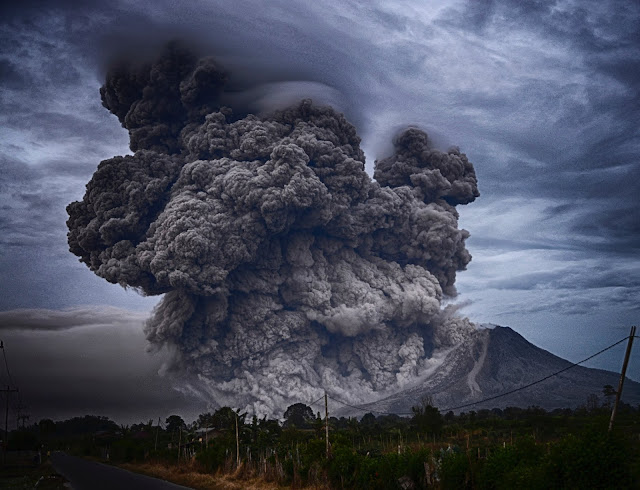The Spooky History of Ghost Stories

Since ancient times, ghost stories - tales of spirits who return from the dead to haunt the places they left behind - have figured prominently in the folklore of many cultures around the world. A rich subset of these tales involve historical figures ranging from queens and politicians to writers and gangsters, many of whom died early, violent or mysterious deaths. What Is a Ghost? The concept of a ghost, also known as a specter, is based on the ancient idea that a person’s spirit exists separately from his or her body, and may continue to exist after that person dies. Because of this idea, many societies began to use funeral rituals as a way of ensuring that the dead person’s spirit would not return to “haunt” the living. Did you know? The notorious mobster Al Capone has reportedly appeared to disrespectful visitors at his funeral plot in an Illinois cemetery. Spectral banjo music has supposedly been heard coming from inside Capone's old cell at Alcatraz, where he was one ...





